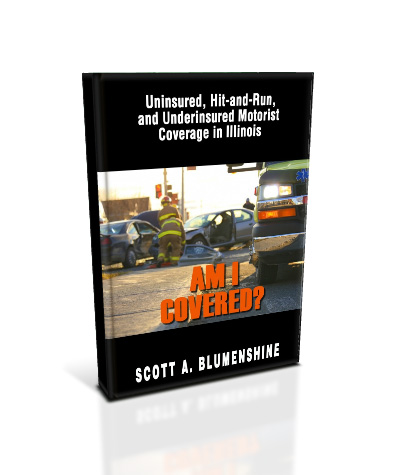In the last few years, food trucks, technically called Mobile Food Vehicles (MFV), have found their way to Chicago streets. They are like little restaurants on wheels that sell food ranging from tacos and pizza to gourmet pancakes and lobster rolls. It all seems great for the consumer. And, it is. Until it isn’t and you get sick from unsafe food handling or preparation.
Chicago carefully regulates food trucks which must pass periodic unannounced Health Department inspections. If you know a little about the licensing requirements, the difference between a food truck dispenser and a food truck preparer, and what to look for when ordering your food, you can protect yourself from dreaded, and sometimes lethal, food poisoning.
Food Truck: Mobile Food Vehicle
A food truck (MFV) is a commercial vehicle that must be registered and can only be used as a Mobile Food Dispenser (MFD) or Mobile Food Preparer (MFP) business. It must comply with a number of health and fire safety regulations and is subject to periodic unannounced inspections. There are different requirements for the MFV, depending on whether it is being used for an MFD or MFP.
There are a number of other requirements concerning how closely the food trucks can park at the entrance of a restaurant, how long they can park in one place without moving the vehicle, how the water for hand-washing and wastewater is handled, and what requirements exist if the MFV needs a generator to operate.
Mobile Food Dispenser: MFD
A Mobile Food Dispenser (MFD) is “any person who, by traveling from place to place upon the public ways from a mobile food vehicle, serves individual portions of food that are totally enclosed in a wrapper or container and which have been manufactured, prepared or wrapped in a licensed food establishment. Such food may undergo a final preparation step immediately prior to service to a consumer in conformity with the rules and regulations of the Board of Health.”
The food may not be prepared in a residential kitchen. There may be a final step of preparation that does not involve actual food preparation but may be the addition of a final ingredient or warming of the food.
Mobile Food Preparer: MFP
A Mobile Food Preparer (MFP) is “any person who, by traveling from place to place upon the public ways, prepares and serves food from a mobile food vehicle.” Food cannot be stored or prepared in a private home kitchen. Operators must “work in conjunction with a commissary or shared kitchen to store and prepare” their food items.
Look out for food poisoning in food truck food dispensing or preparation
Salmonella and E. coli infections are two of the most common types of food-borne illnesses. They are both related to undercooked, improperly prepared food or contamination due to poor hygiene by the food handlers. They can cause abdominal cramps, headache, nausea, vomiting and diarrhea. Most people recover after only a few days of illness. But, there may be complications, such as kidney failure, and thousands of people every year die from foodborne illnesses, particularly the very young and the elderly. Better to be safe than sorry and avoid ordering food from a food truck if you are concerned about any of the following issues.
- The truck kitchen should be clean and orderly. Even if it is a mobile truck, the counters should be clean. Any cutting boards should be fresh. There should be no flies or ants circling around. Food preparers and servers should wear gloves and change them frequently. They should have easy access to running, warm soapy water for handwashing.
- Workers should not have hair dangling so that hair strands can easily drop into food and contaminate it.
- Raw meat should not be cut on the same cutting board as fruits or vegetables.
- Hot food, like soup and hamburgers, should be hot. The food handler should check the temperature with a thermometer.
- Cold food, like salads and deli sandwiches should be cold and come directly from a refrigerator.
- You can ask to see the license. If they do not show it to you, find another place to eat.
Contact a Competent Attorney
If you contracted food poisoning and become seriously ill, or a loved one has died from food poisoning that you think may have come from eating food from a food truck, contact our food poisoning attorneys at the Blumenshine Law Group or call (312)766-1000 or email at [email protected] for a free consultation.


